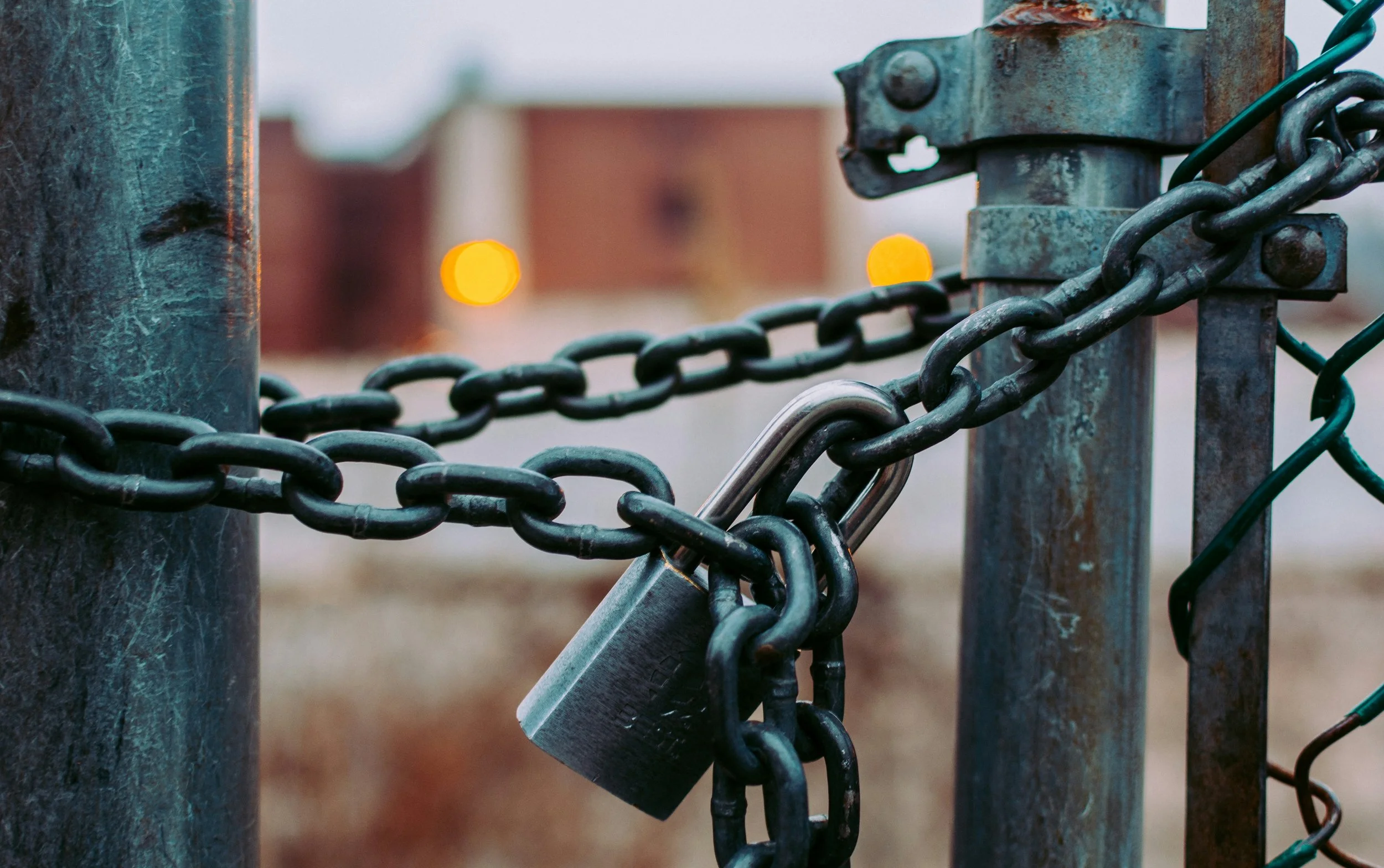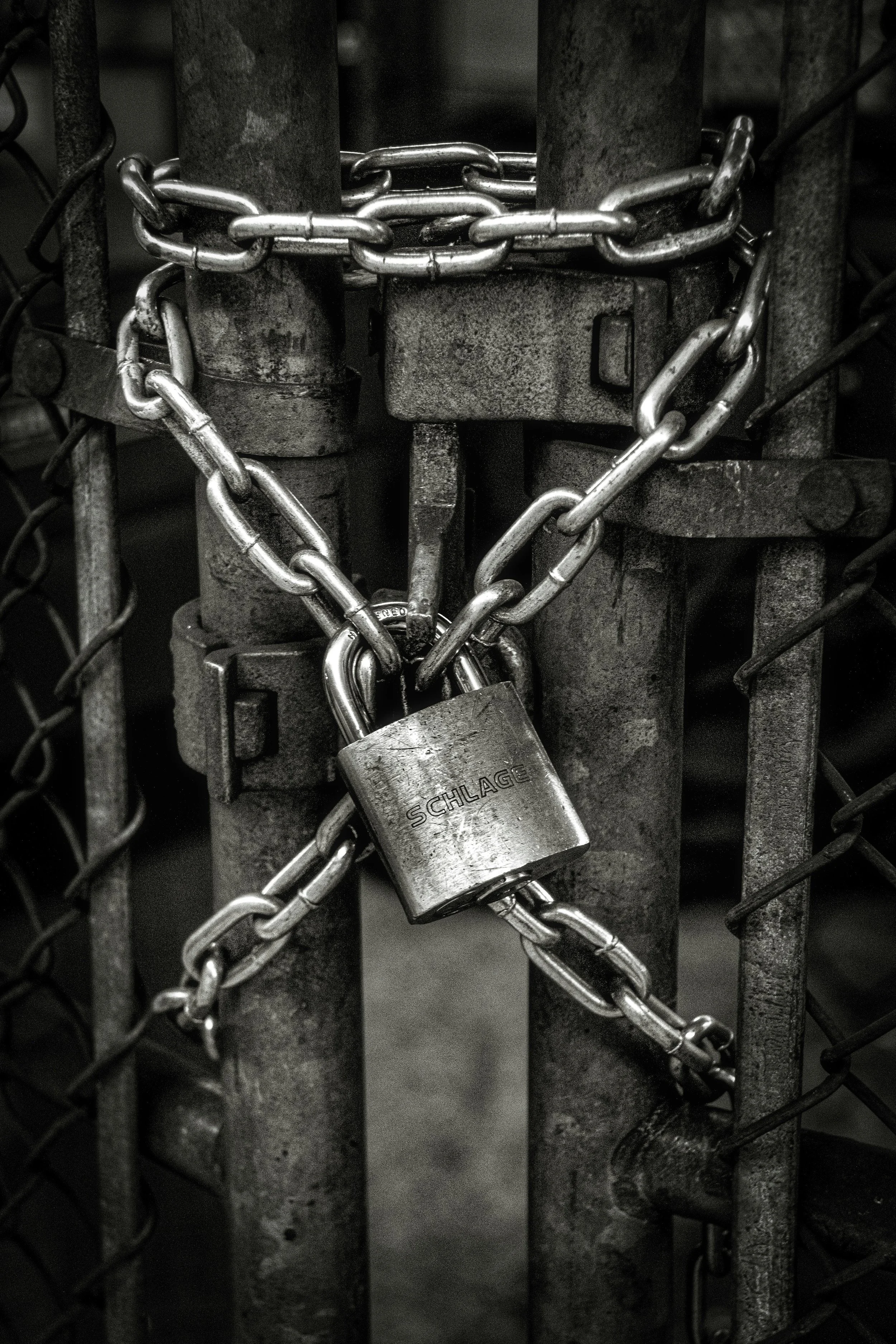Codependency and ADHD: How They Connect and Why Therapy Helps You Break the Cycle
If you live with ADHD and feel like you are constantly managing other people’s emotions, you are not alone. Many people with ADHD find themselves stuck in codependent relationship patterns without realizing it. You might feel responsible for keeping the peace in your relationships. You might jump into caretaking or people pleasing when someone around you is stressed. You might give more than you get. These are common signs of codependency, and when ADHD is in the mix, these patterns can feel even stronger.
Codependency and ADHD often show up together, especially for adults who are working hard to manage emotional regulation, time management, and relationship stress. When daily life already feels overwhelming, relationships can become the place where you try to feel stable. This blog will explain how ADHD influences codependency, the signs to look for, and how therapy at Valid Love can help you build healthier boundaries and more secure relationships.
Why ADHD and Codependency Often Overlap
ADHD does not cause codependency, but many traits of ADHD make codependent patterns more likely. Emotional impulsivity, rejection sensitivity, difficulty regulating stress, and a strong desire for connection can all push someone toward people pleasing or over functioning. These patterns are especially common in adults who were not diagnosed with ADHD until later in life.
One of the biggest links between ADHD and codependency is emotional reactivity. People with ADHD often feel emotions more intensely and recover from them more slowly. When someone you care about is upset your nervous system may go into high alert. You feel their discomfort quickly and strongly which can lead you to over adapt, take responsibility, or jump in to fix the problem. That instinct comes from a desire for connection and safety, not from weakness.
Rejection sensitivity is another reason ADHD and codependency are connected. If you fear being judged or abandoned you might go out of your way to avoid conflict. You might apologize too quickly, say yes when you want to say no, or silence your own needs so you do not upset anyone. These behaviors build codependent dynamics where one person takes on too much emotional labor.
Many clients with ADHD also use relationships as a source of structure because they struggle to build internal structure on their own. When your brain is juggling forgetfulness, time blindness, and stress, it can feel comforting to rely on someone else for stability. Over time the relationship becomes the anchor and your sense of independence becomes blurry.
Signs You Might Be Experiencing Codependency With ADHD
Understanding the connection between ADHD and codependency can help you identify these patterns in yourself. Some common signs include:
You avoid conflict and quickly shift into people pleasing
You feel responsible for the emotions of your partner or friends
You jump into fixing mode when others are upset
You feel guilty when you set boundaries
You struggle to name your own needs
You stay in relationships longer than you should
You over explain yourself because you fear being misunderstood
You feel anxious when someone is unhappy with you
When ADHD is involved these patterns feel even more intense because emotional regulation is harder. That difficulty is neurological, not personal. It is a function of how your brain processes information and stress.
Why These Patterns Feel So Hard To Break
Codependency becomes a survival strategy, especially for people with ADHD who have been misunderstood, criticized, or shamed throughout their lives. Many adults with ADHD grew up hearing that they were too emotional, too disorganized, too inconsistent, or too much. These messages often shape the belief that you have to work harder to be accepted.
By the time you reach adulthood you may be carrying decades of emotional sensitivity and relationship anxiety. This makes it harder to slow down your reactions or choose healthier boundaries. When someone around you is upset your brain might treat it like an emergency. You feel pressure to respond immediately even if you know the pattern is unhealthy. That urgency is part of ADHD and contributes to codependent behavior.
How Therapy Helps You Untangle ADHD and Codependency
Therapy is one of the most effective ways to break the cycle of codependency while also learning skills that support ADHD. At Valid Love we specialize in helping clients understand the relationship between ADHD symptoms and emotional patterns in their relationships. You get a space where you can unpack your behavior without judgment and learn tools that are both practical and compassionate.
In therapy you can explore your triggers, learn grounding skills, and practice slowing down your emotional responses. You learn how to tolerate discomfort without rushing to fix the situation. You build confidence in saying no or setting boundaries that protect your well being. Over time you start to trust yourself more and rely on others less for emotional stability.
Therapy also helps you understand your attachment style, how your nervous system reacts during conflict, and why your patterns developed in the first place. When you understand the emotional roots of codependency you feel more empowered to change your behavior. You can create relationships that feel mutual, predictable, and supportive instead of overwhelming.
What Healing Looks Like When You Address ADHD and Codependency Together
Healing from codependency does not mean becoming distant or emotionally guarded. It means learning how to stay connected without abandoning yourself. Many people experience more self confidence and clarity as they grow out of codependent patterns. They feel more grounded in their choices. They stop apologizing for existing. They notice that their relationships become healthier and more balanced.
For adults with ADHD healing also means learning how to regulate your emotions in ways that do not rely on others. You build routines that support your brain. You practice self compassion when you make mistakes. You learn how to speak up even when it feels scary. These changes make relationships feel safer and more sustainable.
Why Valid Love Is the Right Place for ADHD and Codependency Support
If you are in North Carolina and looking for therapy that truly understands the connection between ADHD, codependency, relationship stress, and people pleasing, Valid Love is here for you. We specialize in relational therapy, neurodiversity affirming support, and mental health care that honors the whole person. Clients choose us because they want a therapist who understands how ADHD affects communication, boundaries, emotional regulation, and attachment.
At Valid Love you get a therapist who is warm, honest, and skilled in supporting complex relationship patterns. You get tools that fit your actual life. You get someone who sees your strengths and helps you build healthier habits without shame. Our goal is to help you build relationships that feel stable, supportive, and mutual.
If you are tired of carrying the emotional load in your relationships, therapy can help you step into a life with more clarity and balance. You do not have to figure this out alone. Reach out to Valid Love and let us support you as you create relationships where you can finally breathe and belong.


